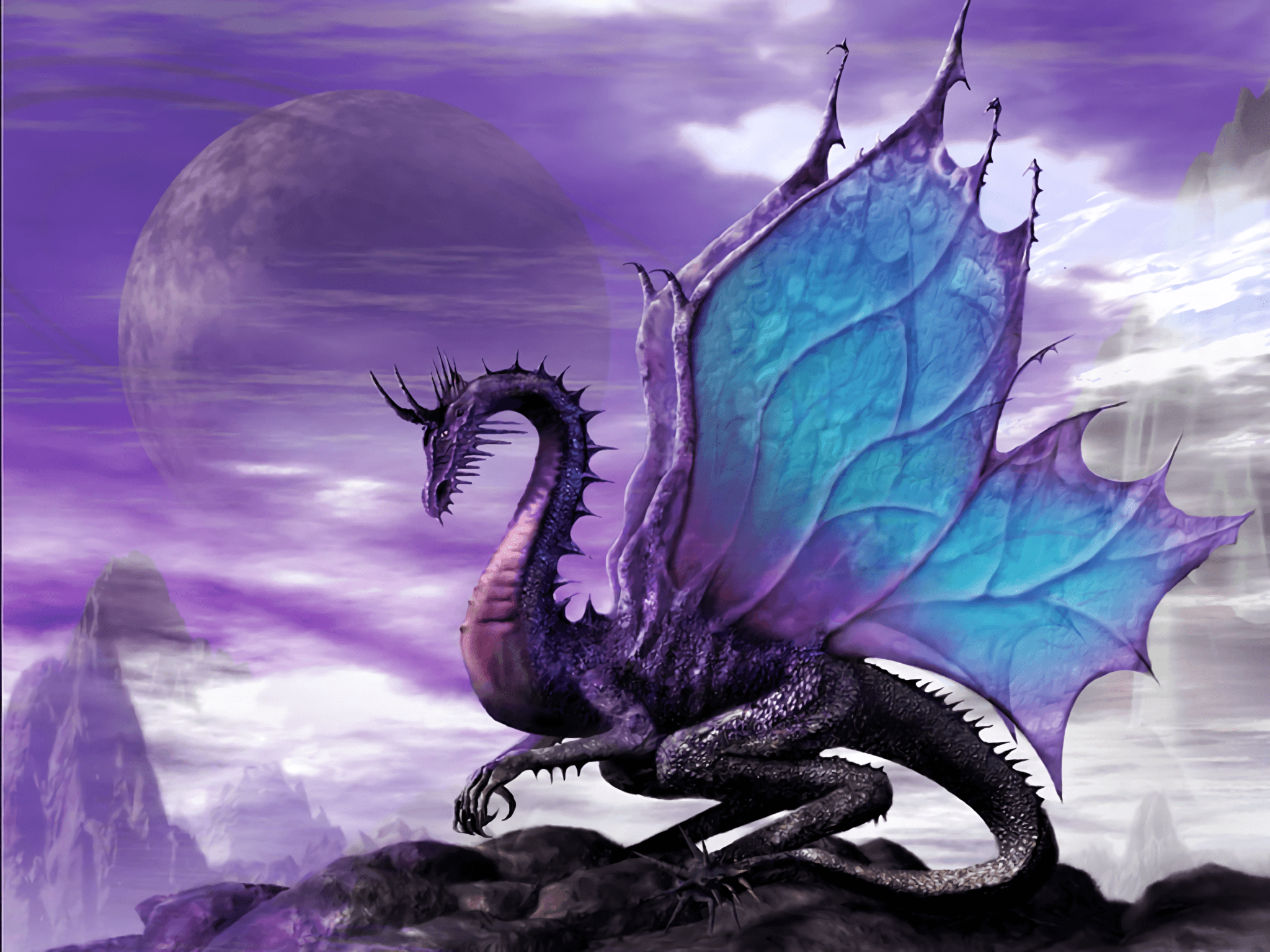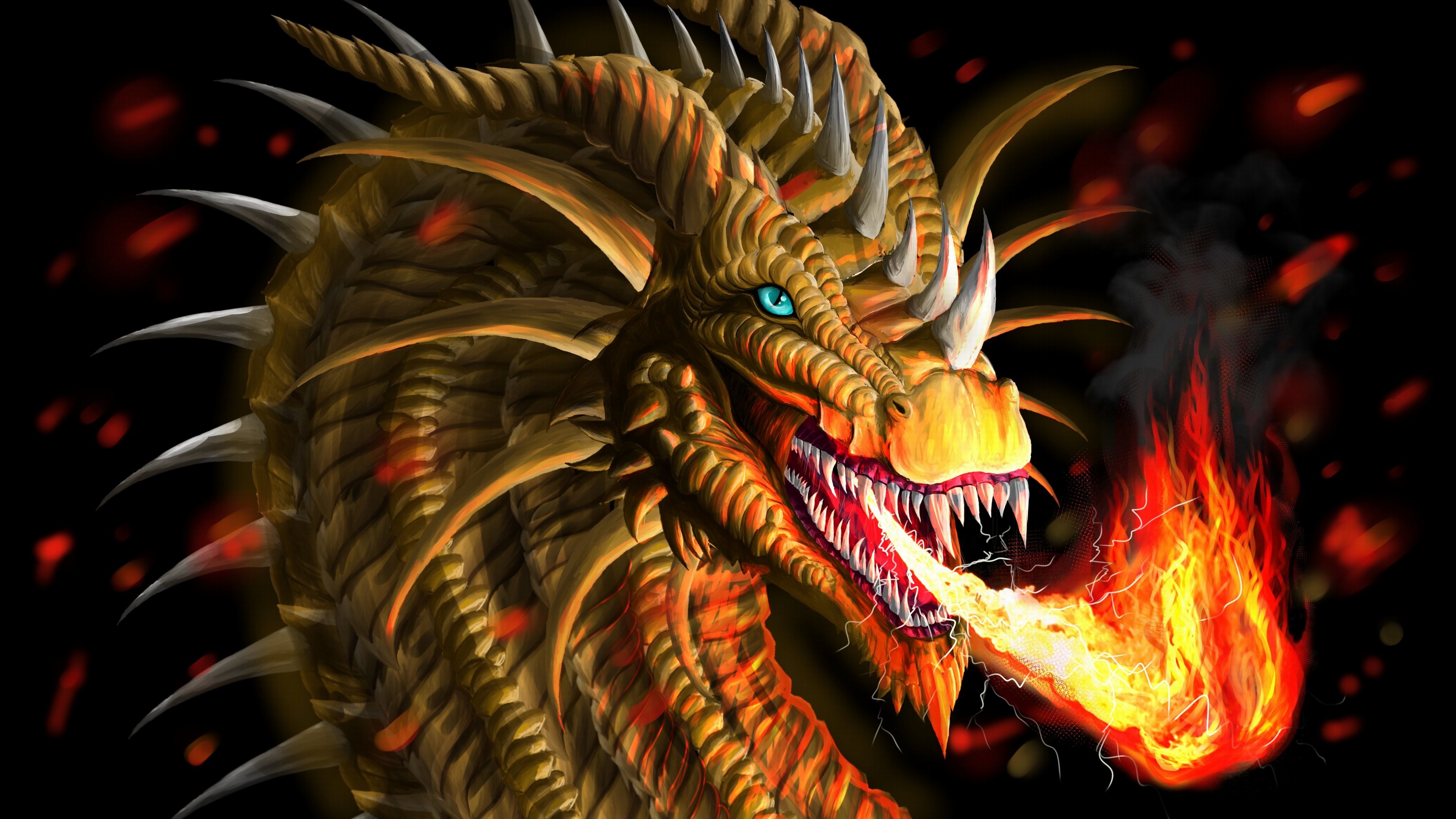Do mythical beasts truly capture a part of our collective unconscious? Dragons, those scaly, fire-breathing leviathans of legend, continue to hold an unparalleled grip on our imaginations, traversing the centuries and cultures with an enduring power that few other creatures can match. From the dragon statue gracing the streets of Ljubljana, Slovenia, as seen on WikiCommons, to the global celebrations marking the Chinese New Year and the auspicious Year of the Dragon, these magnificent beings remain a constant presence in our world, sparking curiosity and inspiring awe.
The allure of dragons is undeniable. They embody both destruction and creation, wisdom and savagery, soaring through the narratives of countless cultures. This duality is perhaps the key to their enduring appeal, allowing them to adapt and thrive across diverse contexts. Whether they are depicted as benevolent protectors or fearsome adversaries, dragons consistently embody a potent combination of power, mystery, and majesty that fuels our fascination. They are a recurring motif in art, literature, and even modern entertainment, such as the television series "Game of Thrones," where dragons become instruments of war and symbols of an epic struggle.
The term "dragon" itself is surprisingly broad, acting as an umbrella for a multitude of beings with reptilian characteristics, all of which originate from the draconic lineage. These creatures can be roughly categorized by their origins, separating into celestial and terrestrial dragons, each exhibiting unique traits and embodying distinct values. The variations are almost endless, reflecting the beliefs and environments from which they spring. Consider the differences between a European dragon, often depicted as a destructive force, and an Asian dragon, frequently considered a symbol of good fortune and prosperity. This diversity is a testament to the adaptability and interpretive nature of this legendary figure.
- Catriona Gray And Sam Milby A Closer Look At Their Relationship And Impact
- Discover The Untold Story Of Adam Scott In Ratatouille
| Feature | Description |
|---|---|
| Origin and Meaning | Dragons are found in the folklore and mythology of numerous cultures globally, representing a diverse range of meanings, from power and chaos to wisdom and good fortune. They often symbolize the forces of nature, the unknown, and the primal aspects of humanity. |
| Cultural Significance | Dragons hold significant cultural importance, often associated with specific values and beliefs. In Chinese culture, dragons are symbols of prosperity, power, and good luck. In European traditions, they may represent greed, destruction, or guardianship of treasure. |
| Variations and Depictions | Dragons vary greatly in appearance and characteristics. They might possess wings, breathe fire, or be serpentine in form. Their depiction changes through time, from ancient art, through medieval literature, and into modern fantasy. The Komodo dragon and other draco lizards are a real-world comparison. |
| Possible Origins | Speculations on the dragons' origin include fossilized remains of dinosaurs and other ancient animals, or a reflection of observed natural phenomena like snakes or rainbows. The exact origin of the dragon myth remains elusive. |
| Evolution in Art and Literature | Dragons have been constantly reinterpreted across various art forms including paintings, sculptures, and literature. They've evolved from terrifying monsters to complex characters in storytelling. |
The history of dragons is as rich and multifaceted as the creatures themselves. Explore the ancient legends of Mesopotamia, where dragons were associated with chaos and the underworld. Journey through the art and literature of ancient Greece, where dragons guarded treasures and fought heroes. Delve into the medieval tales of Europe, where dragons were often symbols of evil, but sometimes protectors of kingdoms. Each culture has imbued the dragon with its unique symbolism, creating a tapestry of myths and legends that continues to fascinate us.
The Chinese New Year celebrations, coinciding with the start of the Year of the Dragon, offer a vibrant testament to the enduring power of these mythical beings. The dragon, in Chinese culture, is a benevolent force, representing power, strength, and good fortune. The dragon is often associated with the elements, such as water and wind, and is believed to bring rain and fertility to the land. These celebrations, occurring across the globe, highlight the cross-cultural appeal and the diverse interpretations of the dragon archetype.
The world of entertainment also continues to be enthralled by the dragon. Dragon games, for example, offer a chance to embody these incredible creatures, or to face them as adversaries. Dragon Simulator 3D, following the same pattern of games such as Tiger Simulator and Raccoon Simulator, allows players to control a mighty dragon, and perform tasks. The video games, the television series, the countless books and films all feed into the dragon's continuing prominence in popular culture, cementing its status as a timeless figure.
- Mastering Remote Iot Monitoring With Ssh On Raspberry Pi For Free
- Catriona And Sam Are They Still Together Exploring Their Relationship Journey
Consider the founding of Klagenfurt in Austria, according to medieval legend. Before the town could be established, its founders had to contend with a fearsome Lindwurm, a wingless dragon that inhabited a local marsh. This tale shows the dragon's role as a challenge, a force that must be overcome before progress can be made. Dragons were often portrayed as protectors of valuable treasures, further reinforcing their position as symbolic guardians. They stand in the gap, preventing entrance to an important place or a trove of knowledge.
The study of dragons also extends to their etymology, history, and the unique features that set them apart. Different species of dragons, reflecting the environments from which they originate, demonstrate that the myths of dragons are not isolated. From the Komodo dragon, a present-day lizard, to the dragons of myth, the variety demonstrates the power of the imagination.
Dragons, in the end, are reflections of ourselvesour dreams, our fears, and our aspirations. They are the embodiments of the powerful forces that shape our world, both seen and unseen. Dragons continue to challenge our imagination, reminding us of the enduring appeal of myth and storytelling, and the incredible power of the human mind to envision and believe.
- Best Iot Remote Vnc Raspberry Pi A Comprehensive Guide To Setting Up And Optimizing
- Mastering Remoteiot Platform Ssh Key For Raspberry Pi A Free And Comprehensive Guide

